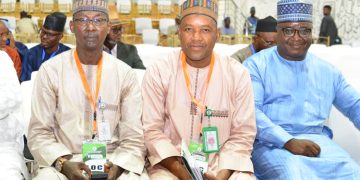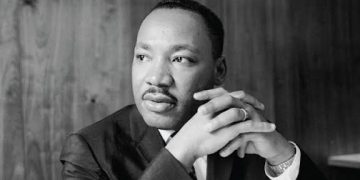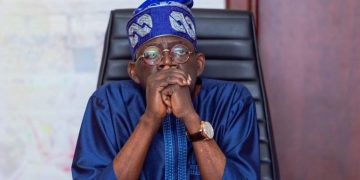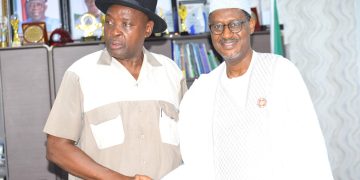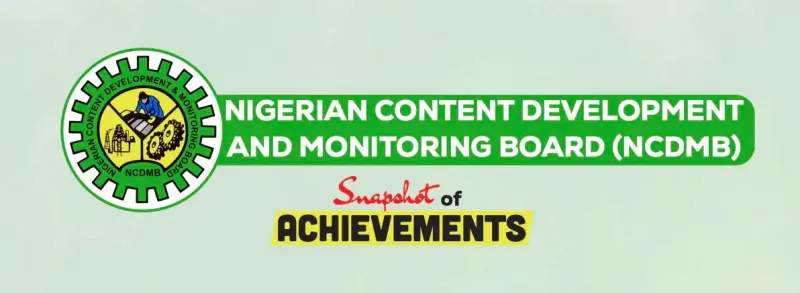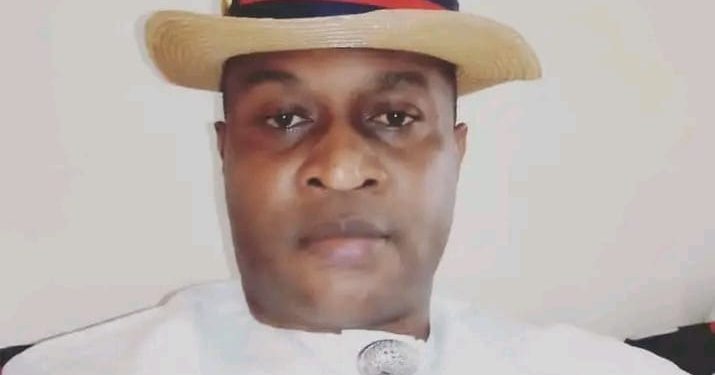The more we value things outside our control, the less control we truly have. History offers stark lessons: when leaders attempt to cling to power indefinitely, their regimes often begin with authority but end in self-destruction. The ability to eliminate opponents and pass laws without restraint may seem effective in the short term, but unchecked power inevitably corrupts. For Nigeria, these are troubling signs.
In every sane society, government exists to serve its citizens ensuring accountability, justice, and the welfare of the majority. But when leaders abandon these responsibilities and channel resources to benefit only the privileged one percent in governance, it is not just gross mismanagement; it is a betrayal of the very people who elected them. Today, the ruling elite appear more concerned with the 2027 elections than with the suffering of ordinary Nigerians. Yet, the 2027 elections should be the people’s concern too, for they represent our future, not theirs.
One of the gravest challenges facing Nigerians is inflation. Left unchecked, it becomes more than an economic indicator it becomes both a weapon and a disease. It destabilizes societies, corrodes trust in leadership, and destroys livelihoods. No government should ever accept responsibility for creating inflation, yet when it occurs, leaders must confront it sincerely rather than deflect blame or cling desperately to power. Unfortunately, this administration has failed to provide real solutions, focusing instead on reelection.
As the 2027 presidential election approaches, concerns mount over the future of Nigeria’s democracy. Can the All Progressives Congress (APC) retain its hold on power? More critically, will President Bola Ahmed Tinubu seek to entrench himself in office beyond constitutional limits? For the common man already struggling to put food on the table, the dangers of unchecked leadership are not abstract they are lived realities, rooted in years of unfulfilled promises.
Former Kaduna State governor Nasir El-Rufai recently sparked controversy when he alleged that Tinubu is centralizing power in a manner reminiscent of Cameroon’s Paul Biya, who has ruled for over four decades. “If we don’t come together and end this Tinubu administration by 2027, Tinubu will try to be our Paul Biya, to be president for life. All the signs are there,” El-Rufai warned.
Is this a sincere cautionary note or a political maneuver to win emotional support? While some dismiss El-Rufai’s remarks as opportunism, others see them as an uncomfortable truth. After all, accusations of life presidency are not new in Nigerian politics. Former President Olusegun Obasanjo once faced similar allegations of pursuing a third-term agenda. Speaking recently at a democracy dialogue hosted by the Goodluck Jonathan Foundation in Ghana, Obasanjo rejected the claims: “I’m not a fool. If I wanted a third term, I know how to go about it. And there is no Nigerian dead or alive that would say I called him and told him I wanted a third term.”
Yet beyond personalities, systemic flaws continue to undermine Nigeria’s democracy. Unregulated political party financing, the monetization of campaigns, and rampant vote buying have reduced elections to transactions rather than contests of ideas. Citizens are lured with empty promises while meaningful governance and long-term development are ignored.
This commodification of politics threatens democratic values across Africa. When power is concentrated in the hands of a few, accountability withers, and ordinary citizens lose control of their future. The trajectory is predictable: paranoia takes root, surveillance expands, and trust collapses. Leaders, trapped in the very cages they build, become prisoners of power isolated, fearful, and ultimately destructive. Instead of leaving a legacy, they dismantle institutions and hollow out democracy.
As Shakespeare’s Macbeth warns us, absolute power does not strengthen nations; it corrodes them from within.
Nigeria stands at a crossroads. To avoid the pitfalls of authoritarianism, leaders must prioritize the well-being of citizens, strengthen democratic institutions, and confront economic challenges with sincerity. The freedom of citizens to shape their destinies according to their values is the surest path to national greatness.
If Nigeria is to fulfill its promise, its leaders must resist the temptation of absolute power and embrace accountability, inclusivity, and service. Anything less risks reducing our democratic aspirations to nothing more than a cautionary tale.
Daniel Okonkwo is a seasoned writer, human rights advocate, and public affairs analyst, renowned for his thought-provoking articles on governance, justice, and social equity. Through his platform, Profiles International Human Rights Advocate, he consistently sheds light on pressing issues in Nigeria and beyond, amplifying voices that demand accountability and reform. He is also a professional transcriptionist and experienced petition writer, with over 1,000 published articles on Google. Many of his works have appeared in Sahara Reporters and other major news outlets. In addition, he works as a ghostwriter, freelancer, and journalist.











